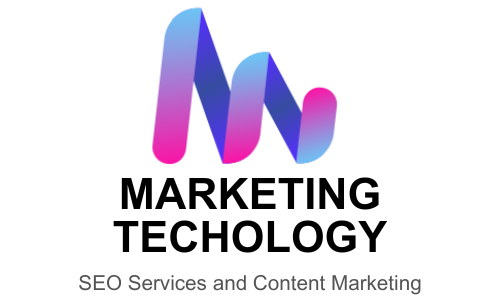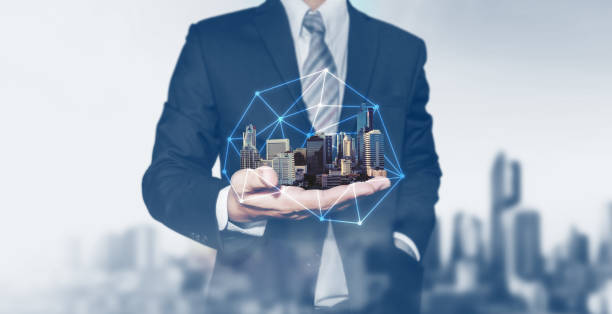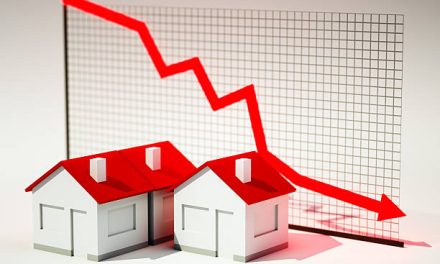The real estate industry, one of the most traditional sectors globally, is undergoing a dramatic transformation. For decades, it relied on manual processes, in-person interactions, and brick-and-mortar offices. Today, however, it is adapting to modern demands driven by technological advancements, sustainability concerns, and evolving consumer preferences. The industry is embracing innovation to stay relevant, competitive, and efficient.
So, what is the modernization of real estate? At its core, it refers to integrating technology, sustainable practices, and modern strategies into how properties are designed, built, sold, and managed. Modernization is not limited to adopting flashy gadgets; it’s about transforming the entire value chain of real estate to make it smarter, greener, and more responsive to market trends.
This article dives deep into the concept of real estate modernization, exploring its meaning, driving forces, and its impact on the industry.
What Does the Modernization of Real Estate Mean?
Modernization in real estate encompasses a broad range of practices that enhance the efficiency, sustainability, and accessibility of the sector. The term signifies the industry’s shift from traditional methods to innovative, technology-driven approaches. Here’s what modernization entails:
- Incorporation of Technology: From virtual property tours to blockchain-based transactions, modernization leverages cutting-edge technologies to streamline operations and improve user experiences.
- Sustainability: Modern buildings are increasingly designed with eco-friendly materials and energy-efficient systems to reduce environmental impact.
- Consumer-Centric Approaches: The industry now focuses more on understanding and meeting the unique needs of customers, providing tailored solutions and convenience.
Examples of modernization include the rise of smart homes with integrated IoT devices, AI-powered property valuation tools, and platforms like Zillow that make finding a property easier than ever. These changes are reshaping the real estate landscape and creating opportunities for all stakeholders, from developers to buyers.

Technological Innovations Driving Real Estate Modernization
Technology is the backbone of real estate modernization, bringing innovations that redefine traditional processes. Let’s explore the most impactful technological trends:
Smart Home Systems
Modern homes now come equipped with devices that enhance security, energy efficiency, and convenience. Smart thermostats, security cameras, and voice-activated assistants are just a few examples of how technology is transforming living spaces.
Virtual and Augmented Reality
Virtual reality (VR) and augmented reality (AR) tools allow potential buyers to take immersive virtual tours of properties. This technology removes geographical limitations, enabling buyers to explore properties without setting foot on-site.
Blockchain Technology
Blockchain is revolutionizing property transactions by ensuring secure, transparent, and efficient processes. It eliminates the need for intermediaries, reduces fraud, and speeds up transactions.
Artificial Intelligence (AI) and Big Data
AI and big data analytics provide real estate professionals with valuable insights into market trends, property valuations, and customer behavior. These tools enable better decision-making and targeted marketing strategies.
Property Management Platforms
Cloud-based platforms simplify property management by automating rent collection, maintenance requests, and tenant communications. These tools save time and improve service quality for landlords and property managers.
By integrating these technologies, real estate businesses can optimize their operations, enhance customer satisfaction, and stay ahead in a competitive market.

Sustainability and Green Building Practices in Modern Real Estate
Sustainability is no longer optional in the real estate industry. As global environmental concerns rise, the sector is adopting green building practices to minimize its ecological footprint.
- Eco-Friendly Building Materials
Developers are turning to sustainable materials like recycled steel, bamboo, and energy-efficient concrete. These materials not only reduce environmental impact but also enhance a building’s longevity. - Energy Efficiency
Modern buildings incorporate solar panels, energy-efficient lighting, and smart energy management systems to lower utility costs and carbon emissions. - Water Conservation Technologies
Features like low-flow faucets, rainwater harvesting systems, and greywater recycling are becoming standard in modern real estate projects. - Certifications and Standards
Certifications like LEED (Leadership in Energy and Environmental Design) validate a building’s sustainability credentials, making it more appealing to buyers and investors.
Sustainability is shaping the future of real estate, appealing to eco-conscious consumers and driving long-term cost savings for property owners.
The Role of Data Analytics and Virtual Platforms in Real Estate
The modernization of real estate is also fueled by data analytics and virtual platforms, which enhance transparency and efficiency in the market.
- Data-Driven Insights
Big data analytics helps real estate professionals understand market trends, predict property values, and optimize pricing strategies. - Virtual Marketplaces
Platforms like Realtor.com and Trulia offer comprehensive property listings, enabling buyers to explore options from anywhere. These marketplaces also provide tools for comparing properties, estimating mortgage payments, and connecting with agents. - 3D Modeling and Digital Twins
Developers use 3D modeling to create realistic renderings of properties, while digital twins allow them to monitor and optimize building performance in real time. - Enhanced Marketing Tools
Virtual tours, drone photography, and AI-powered chatbots improve property marketing efforts, making it easier to attract and engage potential buyers.
Data and virtual platforms are reshaping how real estate transactions are conducted, making them faster, more transparent, and user-friendly.

The Impact of Modernization on Real Estate Markets and Trends
Modernization is influencing real estate markets and reshaping trends in several ways:
- Global Market Reach
Virtual platforms make it easier for international buyers to access local markets, driving demand and competition. - Urbanization and Smart Cities
Modern infrastructure and technology integration are fueling urbanization and the development of smart cities with interconnected systems. - Rise of Co-Living and Co-Working Spaces
Flexible living and working arrangements are becoming more popular, catering to younger generations and remote workers. - Increased Property Value
Properties equipped with modern features, such as smart home technologies and sustainable designs, tend to have higher market values.
These trends highlight how modernization is not just transforming the industry but also shaping consumer expectations and investment opportunities.
Let Marketing Technology Help You
Embracing modernization in real estate can be challenging, but Marketing Technology is here to help. We offer specialized SEO services and content marketing strategies to ensure your real estate business thrives in this dynamic landscape.
From crafting compelling content to optimizing your online presence, we provide tailored solutions that attract your target audience and drive measurable results. Partner with Marketing Technology to stay ahead of the curve in the modernized real estate market.

Frequently Asked Questions:
1. What is modernization of real estate?
Modernization of real estate involves adopting advanced technologies, sustainable practices, and innovative strategies to improve how properties are developed, sold, and managed.
2. How does technology impact real estate?
Technology enhances efficiency, transparency, and customer experiences in real estate through tools like smart home systems, virtual reality, and AI-driven analytics.
3. Why is sustainability important in real estate modernization?
Sustainability reduces environmental impact, lowers operational costs, and aligns with the preferences of eco-conscious consumers, making properties more valuable and desirable.





